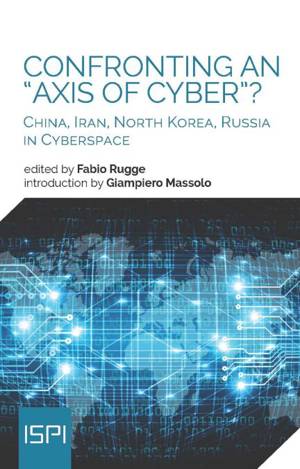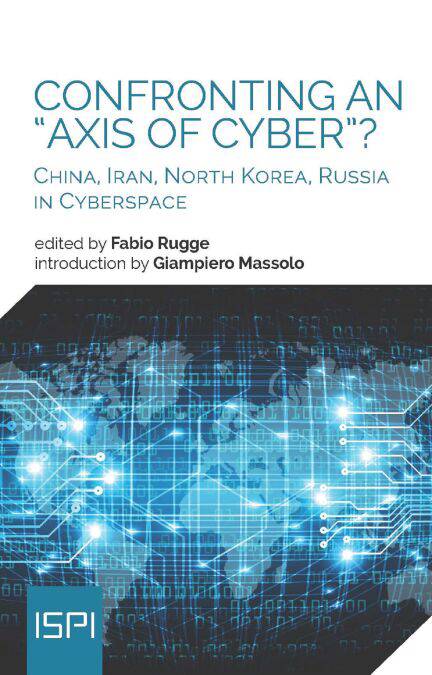
- Afhalen na 1 uur in een winkel met voorraad
- Gratis thuislevering in België vanaf € 30
- Ruim aanbod met 7 miljoen producten
- Afhalen na 1 uur in een winkel met voorraad
- Gratis thuislevering in België vanaf € 30
- Ruim aanbod met 7 miljoen producten
Zoeken
Confronting an "Axis of Cyber"? E-BOOK
China, Iran, North Korea, Russia in Cyberspace
Fabio Rugge
E-book | Engels
€ 6,99
+ 6 punten
Omschrijving
The new US National Cyber Strategy points to Russia, China, North Korea and Iran as the main international actors responsible for launching malicious cyber and information warfare campaigns against Western interests and democratic processes. Washington made clear its intention of scaling the response to the magnitude of the threat, while actively pursuing the goal of an open, secure and global Internet.
The first Report of the ISPI Center on Cybersecurity focuses on the behaviour of these "usual suspects", investigates the security risks implicit in the mounting international confrontation in cyberspace, and highlights the current irreconcilable political cleavage between these four countries and the West in their respective approaches "in and around" cyberspace.
The first Report of the ISPI Center on Cybersecurity focuses on the behaviour of these "usual suspects", investigates the security risks implicit in the mounting international confrontation in cyberspace, and highlights the current irreconcilable political cleavage between these four countries and the West in their respective approaches "in and around" cyberspace.
Specificaties
Betrokkenen
- Auteur(s):
- Uitgeverij:
Inhoud
- Aantal bladzijden:
- 180
- Taal:
- Engels
Eigenschappen
- Productcode (EAN):
- 9788867058662
- Verschijningsdatum:
- 1/11/2018
- Uitvoering:
- E-book
- Beveiligd met:
- Digital watermarking
- Formaat:
- ePub

Alleen bij Standaard Boekhandel
+ 6 punten op je klantenkaart van Standaard Boekhandel
Beoordelingen
We publiceren alleen reviews die voldoen aan de voorwaarden voor reviews. Bekijk onze voorwaarden voor reviews.







